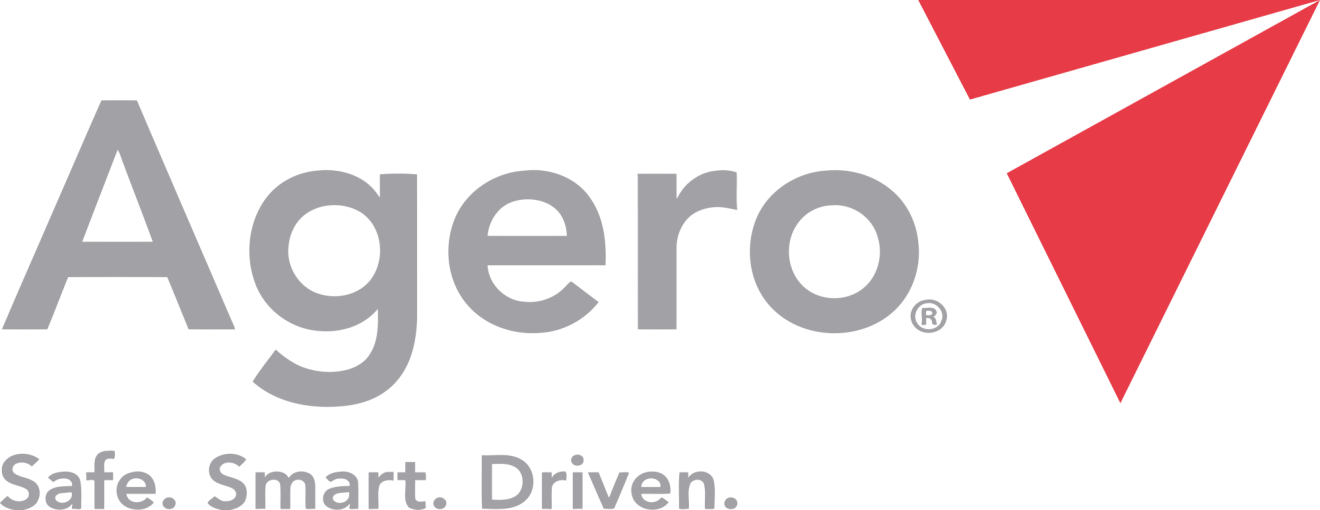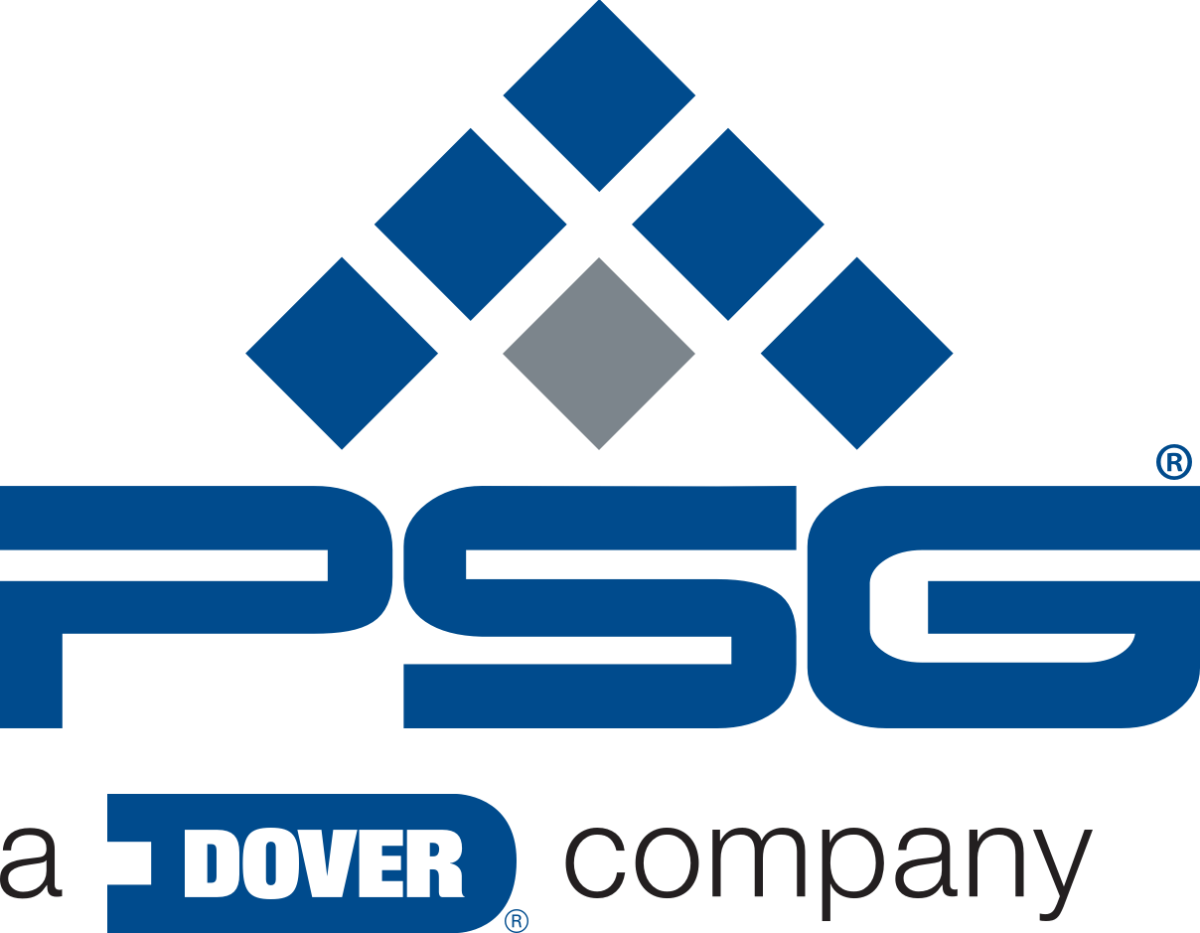How Agero Built a Roadside Assistance App on Quickbase in Just One Day
As a provider of roadside assistance services to more than 75 million drivers, extreme weather can have a severe impact on Agero's business. After the polar vortex of January 2014 plunged much of the country into freezing and snowy conditions, Agero's CEO pushed his team to develop a web application that would allow customers to request service online without having to call into an 800 number. Using Quickbase, the product management team was able to develop, test, and deliver an application that met all requirements within one day. The app has helped to reduce hold times and deliver insightful dashboards to help ensure the safety of stranded motorists during high call volume.
Challenge
- Develop a mobile-friendly web application to enable stranded drivers to request help without calling
- Maintain the same quality of service delivery and communication of wait times
- Deliver customized insights on request status and service times to several roles within Agero
- Develop in time to cope with ongoing extreme weather
Solution
- Service request app developed on Quickbase platform
- Advanced features such as mobile-friendly layout and locate me button included to serve drivers using mobile devices
- Customized notifications to inform drivers of estimated wait times
- Dashboards customized for different roles allow Agero call center staff to keep up with service requests and analyze efficiency
Benefits
- Rapid app development on Quickbase delivered completed, tested app in one day
- Agero maintains same quality of service and speed-to-dispatch whether request comes via phone or app
- Reduced volume on phone lines reduces hold times for customers
In early January 2014, extreme weather caused by a so-called "polar vortex" gripped much of the United States, leading to record low temperatures from the Great Lakes to the Gulf of Mexico and affecting almost 200 million people.
For Agero, a provider of roadside assistance services to more than 75 million drivers, the polar vortex was more than an inconvenience - it was a real business challenge. The extreme weather affected millions of drivers at the same time, and Agero's call centers experienced their highest call volume in history, handling the number of calls usually received in a week in a single day.
"Extreme weather conditions have a huge impact on our business, especially cold weather. Frigid air causes electrochemical reactions in vehicle batteries that degrade their power. Combine that with icy roads and snow buildup and you not only have service needs for jumpstarts, but an increase in accidents in regions that rarely have to deal with such extreme winter weather and treacherous driving conditions," says Clay Nicolau, senior business systems analyst at Agero.
To prepare for future weather events like the "polar vortex," Agero leadership pushed the Program Management & Enabling Services team to come up with a way to reduce hold times while maintaining fast response times and fluid communication with customers. The answer was a web-based application built on Quickbase that allowed stranded drivers to request assistance by tapping through a simple online form.
Not only was the team able to deliver an app that met all necessary requirements - it was able to do so in just one day.
How it Works
Stranded drivers looking for assistance can simply pull out their smartphones and navigate to a page operated by Agero but branded to match the insurance or automotive company who offers the roadside assistance. From there, customers are redirected to a Quickbase form in which they can input the 1-800 number for their roadside assistance plan, and tap through a few quick fields to submit a help request. Quickbase automatically generates a "Locate" button that can map a mobile user's current location, giving Agero instant insight into where exactly the driver is stranded. These features, combined with automated mobile layouts in Quickbase, give the Agero app a level of customer experience that matches the company's exacting standards for phone calls.
"Our customers are usually in their cars, so if we're going to require a customer to go online they're going to have to be able to go via their mobile phone. The great thing about Quickbase is you just build that form once, and it automatically formats into a nice, single-column layout for your customer," says Nicolau.
To manage requests, Agero built a series of role-based dashboards that deliver key information to contact center associates, supervisors, and management and operations leads. Team leads can instantly see in a simple pie chart whether stranded drivers are safe or not, view the total number of requests by status, analyze the reasons for disablement, and map where the requests are coming in.
The app also includes built-in communications to keep stranded drivers informed of their wait times. After submitting their initial request, drivers receive an immediate email confirmation. Returning to the home page of the app, they get reminders of expected service times, plus notices about heavy volumes, extreme conditions, or other factors that might delay delivery of service.
"If we do get in one of those critical scenarios where we have extremely long hold times, we at least have a number of digital touch points with the customer so they know we are going to be there in their time of need," says Nicolau.
Agero solves problems through self-service, fast iteration
As a fast growing company - last year it dispatched more than 7 million service calls - Agero has to stay nimble to keep up with demand for solutions to business challenges. To enable fast solutions, Agero focuses on self-service, enabling business leaders to solve their own problems without cumbersome IT projects.
"None of us have enough IT resources to get everything done, so we try to empower the business side of the house to do more of their own development work," says Frank Klemovitch, director of Program Management & Enabling Services. "Quickbase is one example of how we're able to do that."
The team uses Quickbase to build applications that may be pilots, or designed temporary solutions, quickly and with minimal up-front investment. So far the team has developed over 100 Quickbase apps - of which around 40 are active at any given time.
Since the company began using Quickbase, Nicolau estimates it has saved $150,000 per year in reduced IT costs, and in 2013 helped generate $500,000 in unplanned revenues with a recall services application.
"As a product team we're always trying to streamline processes. The way we do that is to pilot different ideas and see what works, then implement those ideas across the company. Doing that within the IT organization can be costly, so Quickbase has been a good solution," says Nicolau.




